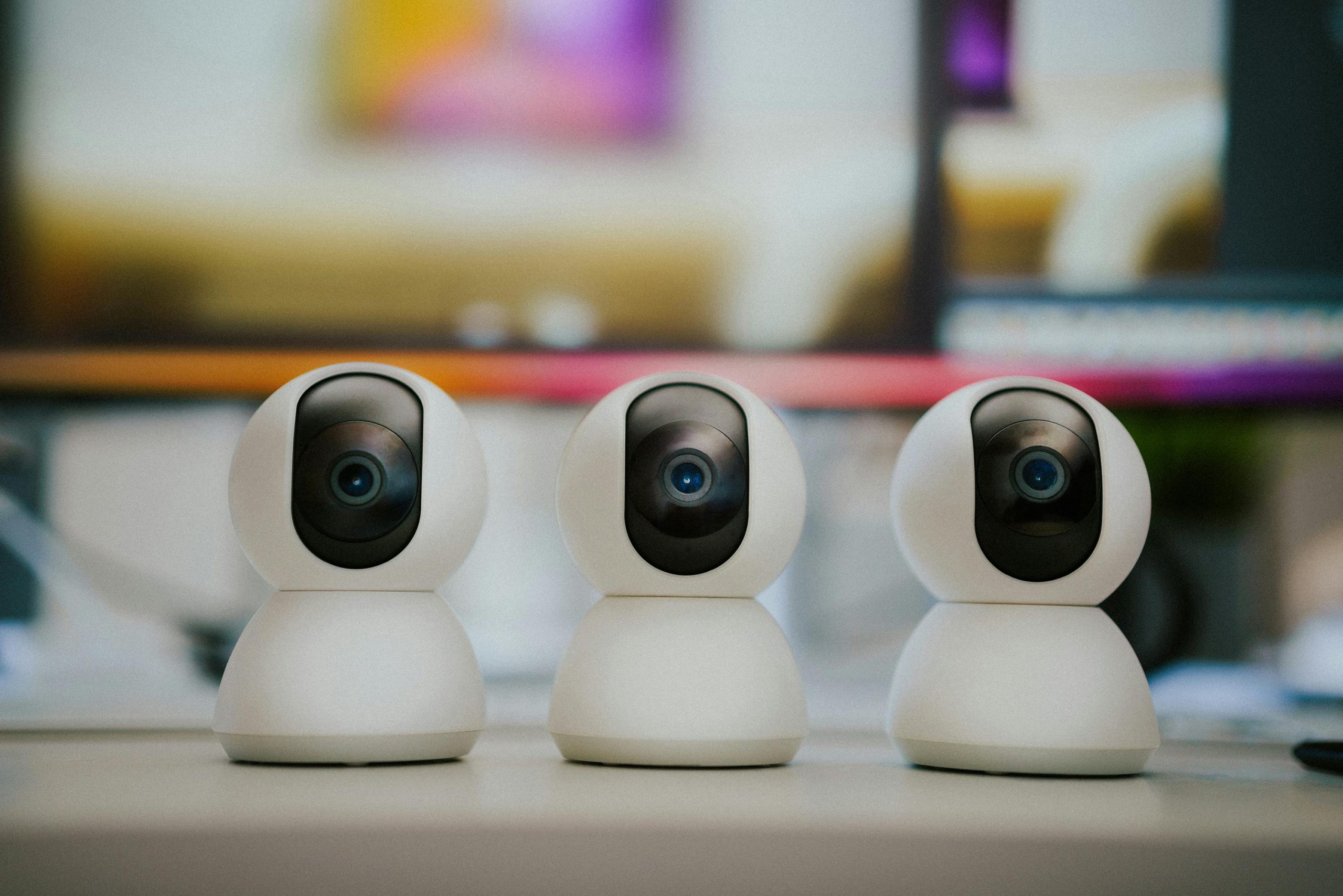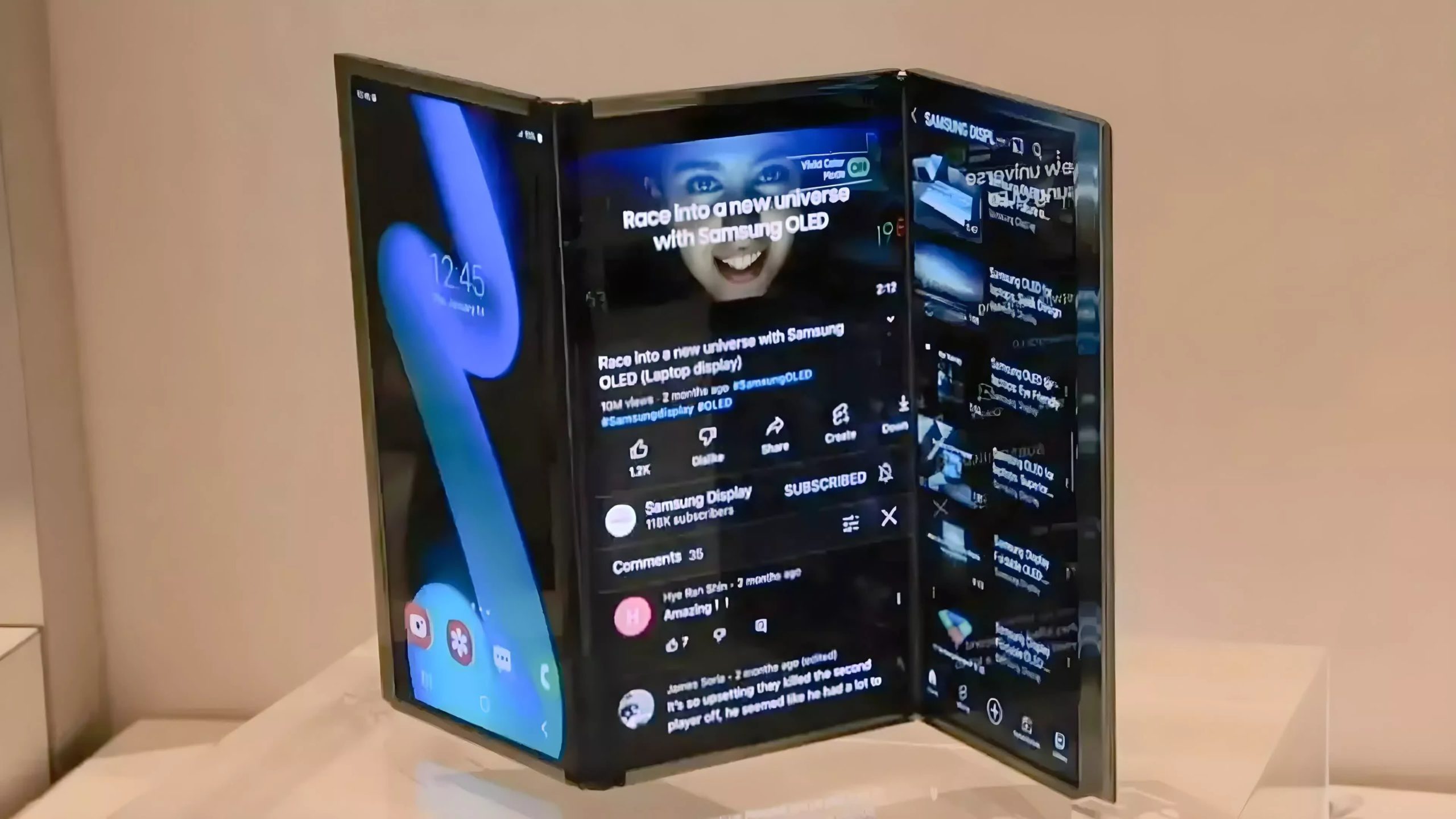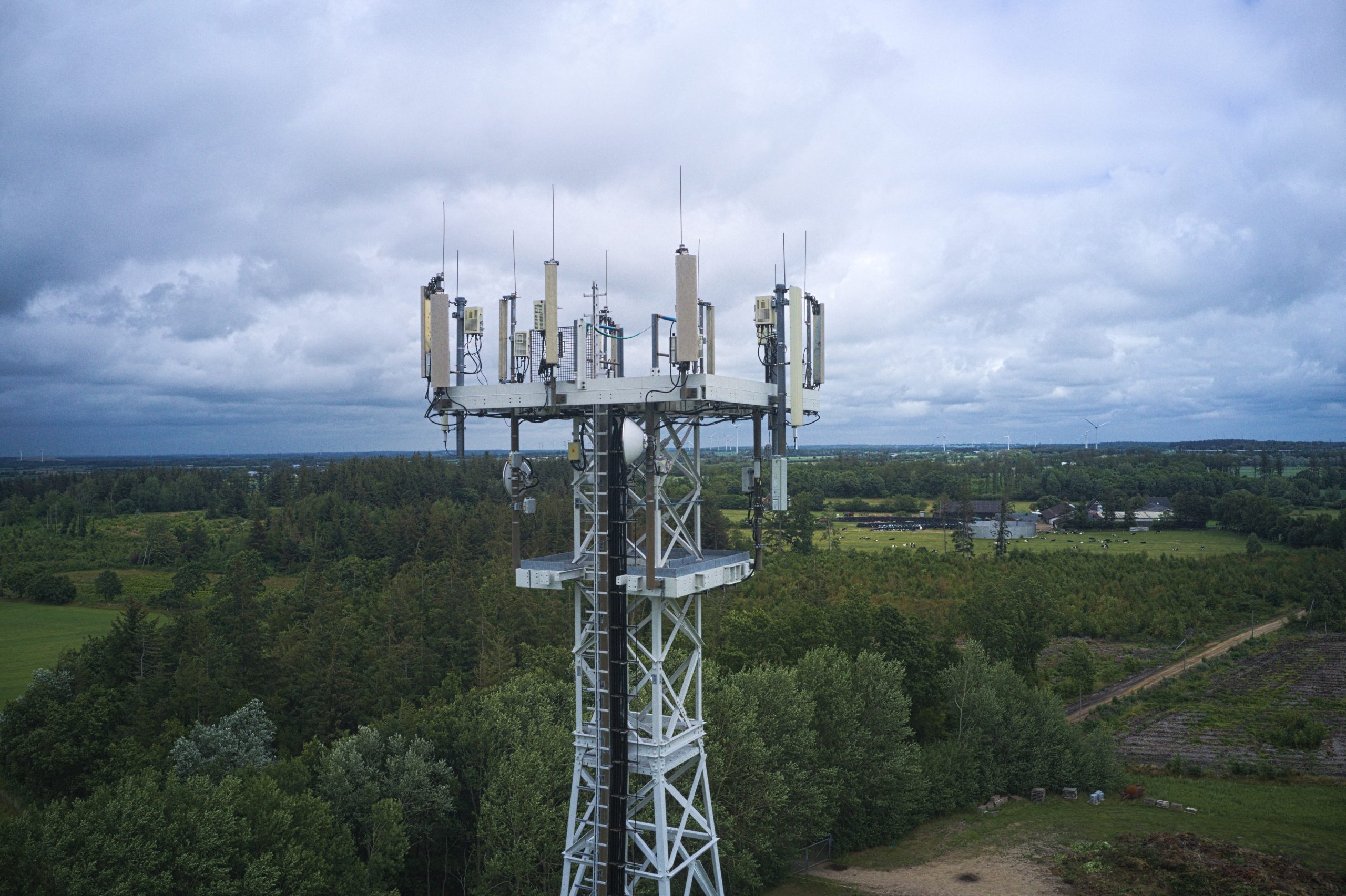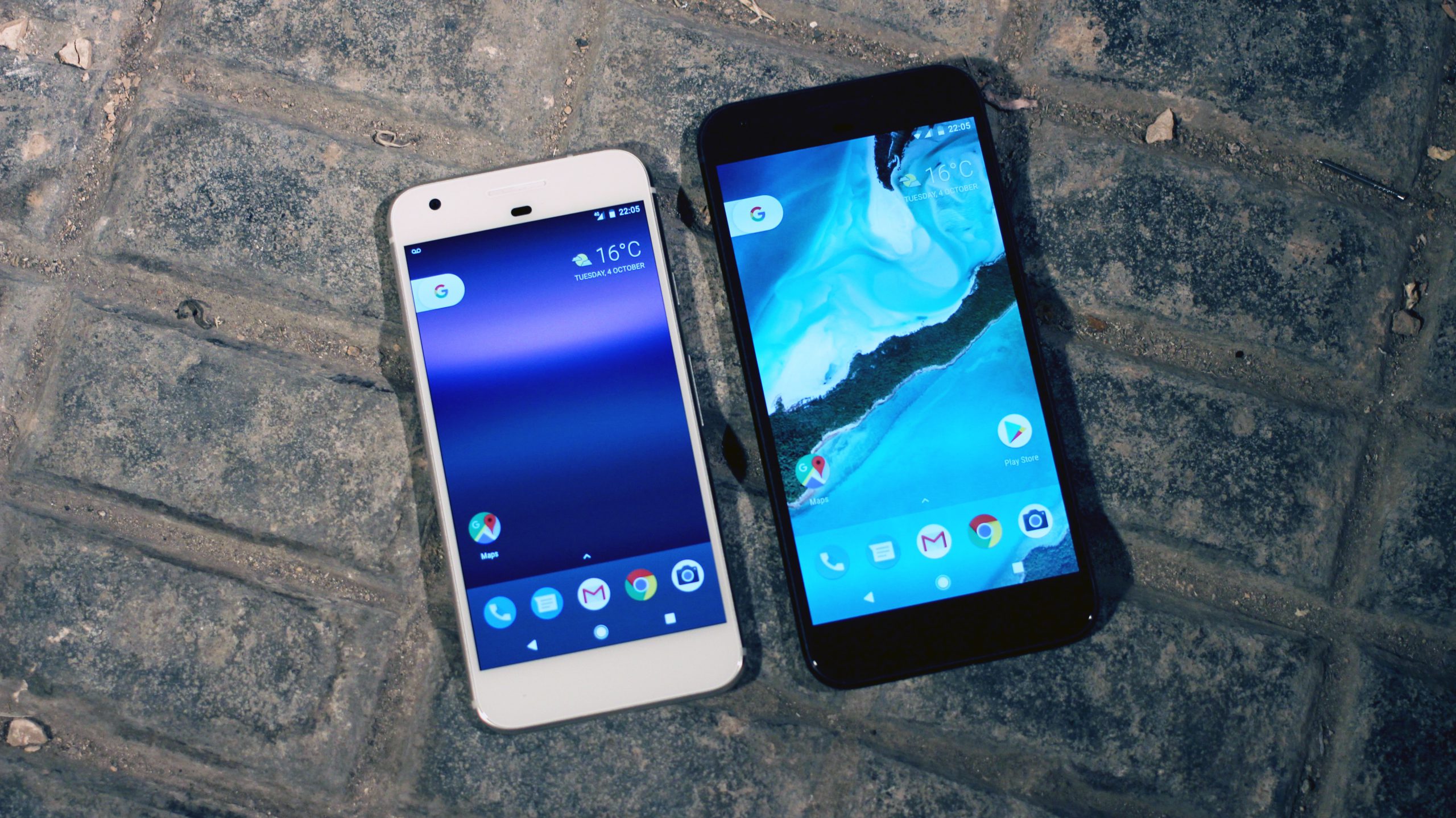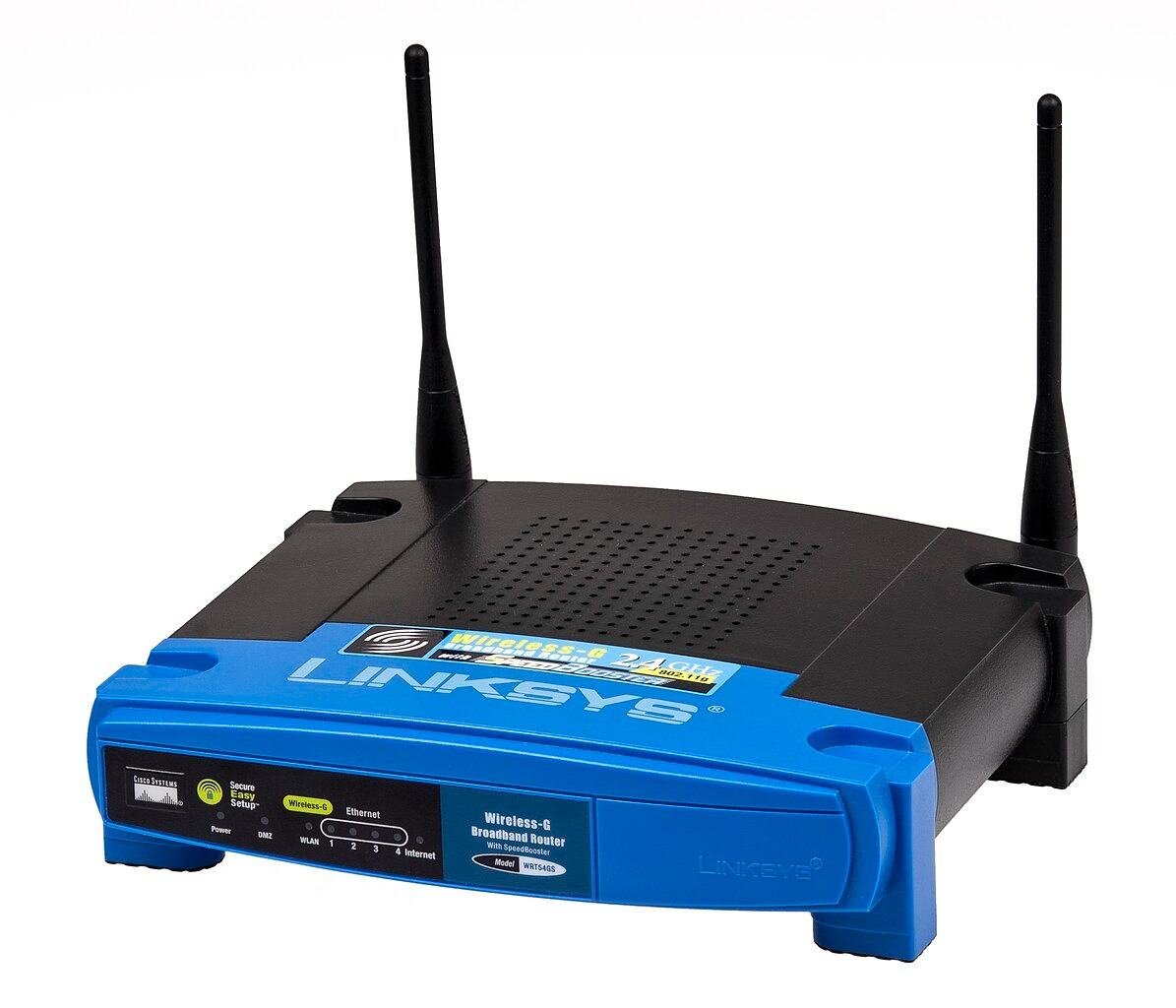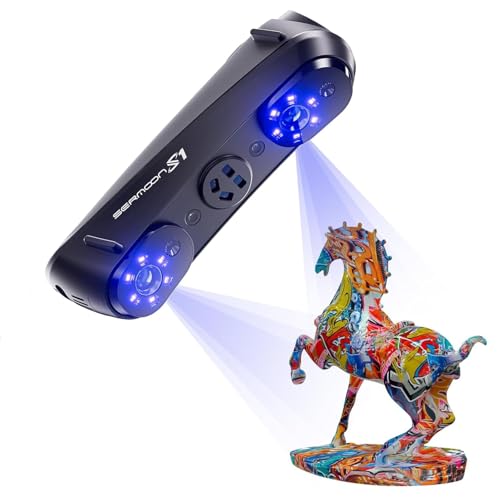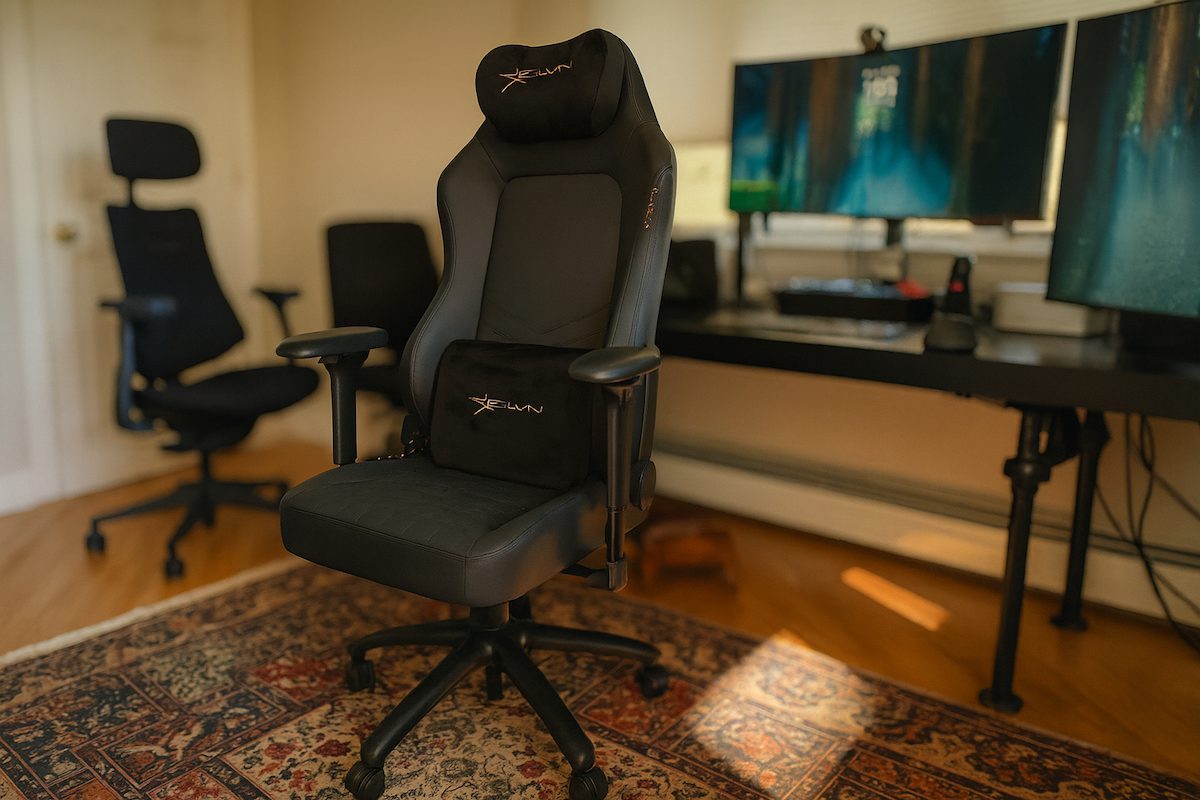Have you been wondering why that dirt-cheap security camera was so affordable? You’re not just getting a bargain—you’re the product being sold in a surveillance economy where your privacy is worth less than the plastic housing on your new gadget.
Smart homes promised convenience, not international espionage. Yet here we are in 2025, with mounting evidence suggesting the Chinese Communist Party is leveraging everyday technology to collect data globally. And unlike your ex, the CCP actually is interested in everything you do.
The Surveillance Superhighway
If you’re thinking this sounds like the plot of a mediocre spy thriller, think again. The FBI’s Christopher Wray didn’t mince words when he stated that “China already has a bigger hacking program than every other major nation combined.” That’s not hyperbole—that’s the director of the FBI sounding the alarm.
Your smart home devices that respond to voice commands? That Chinese-made security camera watching your front door? That budget robot vacuum mapping your home’s layout? They’re all potential data mines, and you’ve voluntarily installed them like a security guard who leaves all the doors unlocked.
This isn’t just about your Netflix preferences or shopping habits. It’s about the potential for comprehensive data collection on millions of Americans—their behaviors, conversations, and home layouts—creating serious privacy and security implications.
That $50 security camera isn’t just cheap—it’s practically paying its own way with the data it’s feeding back to Beijing. Your bargain-bin smart device might cost less than a decent dinner out, but it’s serving up a buffet of your personal information for free.
The problem runs deeper than hardware. That addictive app you just downloaded raises similar concerns. Under China’s 2017 National Intelligence Law, Chinese companies don’t have the luxury of saying “no” when the government comes knocking for data—even data collected from users outside China.
This legal framework effectively transforms Chinese tech companies into potential extensions of state intelligence. Your TikTok videos, WeChat messages and data, or Temu shopping habits could all be subject to this framework. FBI Director Wray testified that TikTok’s parent company is “effectively beholden to the Chinese Government,” creating national security concerns because of the government’s ability to access user data.
What’s At Stake?
The implications stretch far beyond individual privacy concerns. When a foreign government can potentially access millions of household cameras, microphones, and personal data streams, the national security risks become significant. It’s like giving someone the keys to your house and then acting surprised when they look in your drawers.
Security experts have long warned about the dual-use nature of consumer technology from Chinese firms, especially under the National Intelligence Law. The U.S. government has issued formal advisories about these risks.
Even the smartest home gadgets aren’t just convenient—they could potentially serve multiple purposes. That wireless doorbell camera isn’t just showing you who’s at the door; it’s potentially showing someone else who’s at your door too. And that someone else didn’t even have to pay for the hardware.
The documented cases tell the story: over 60 instances of CCP espionage on US soil since 2021, according to the House Committee on Homeland Security, alongside growing concerns about unauthorized data collection through consumer electronics.


